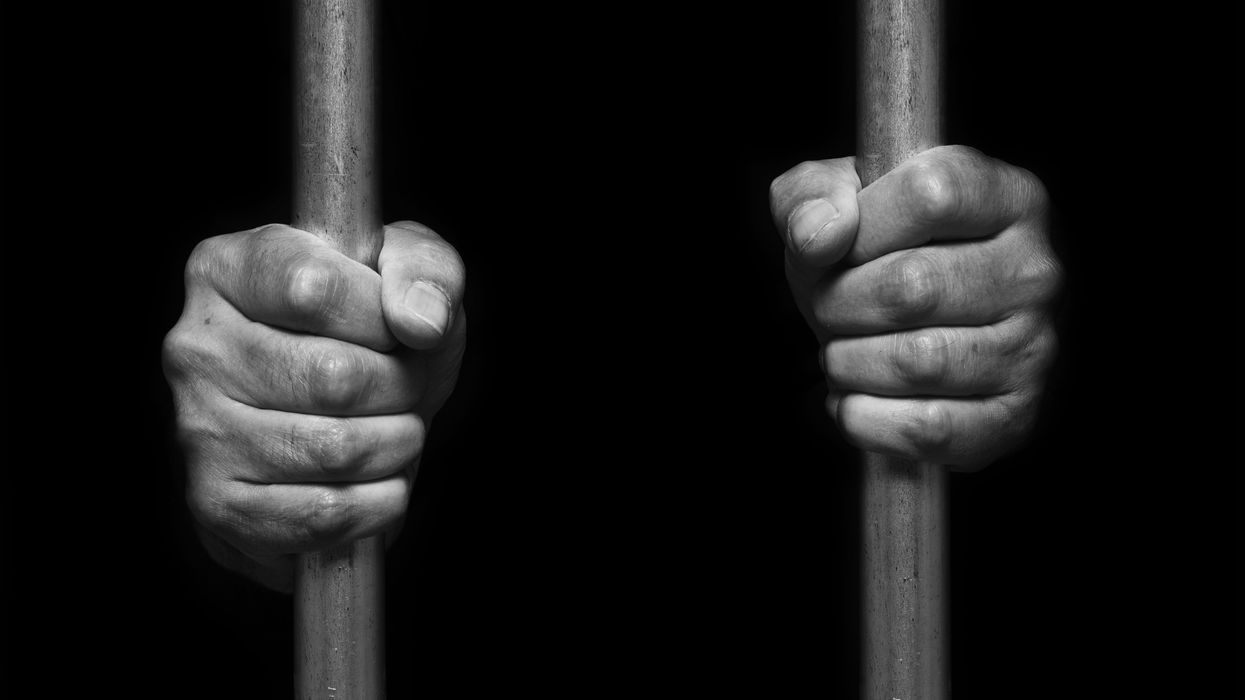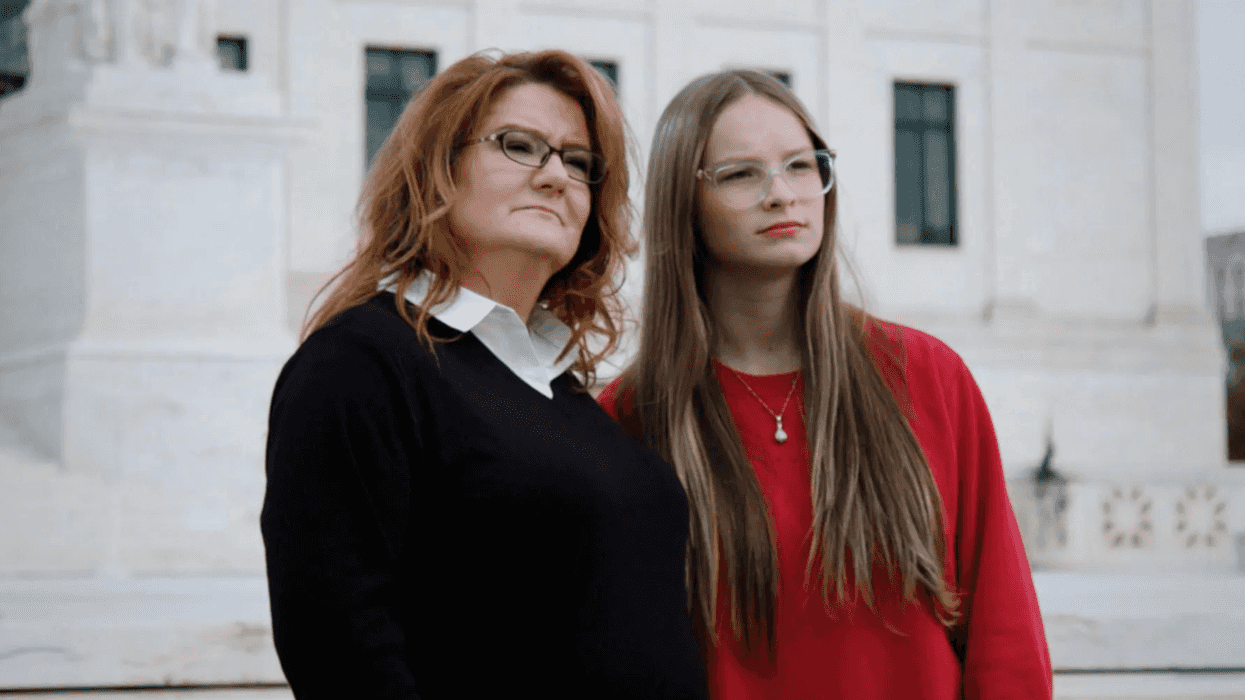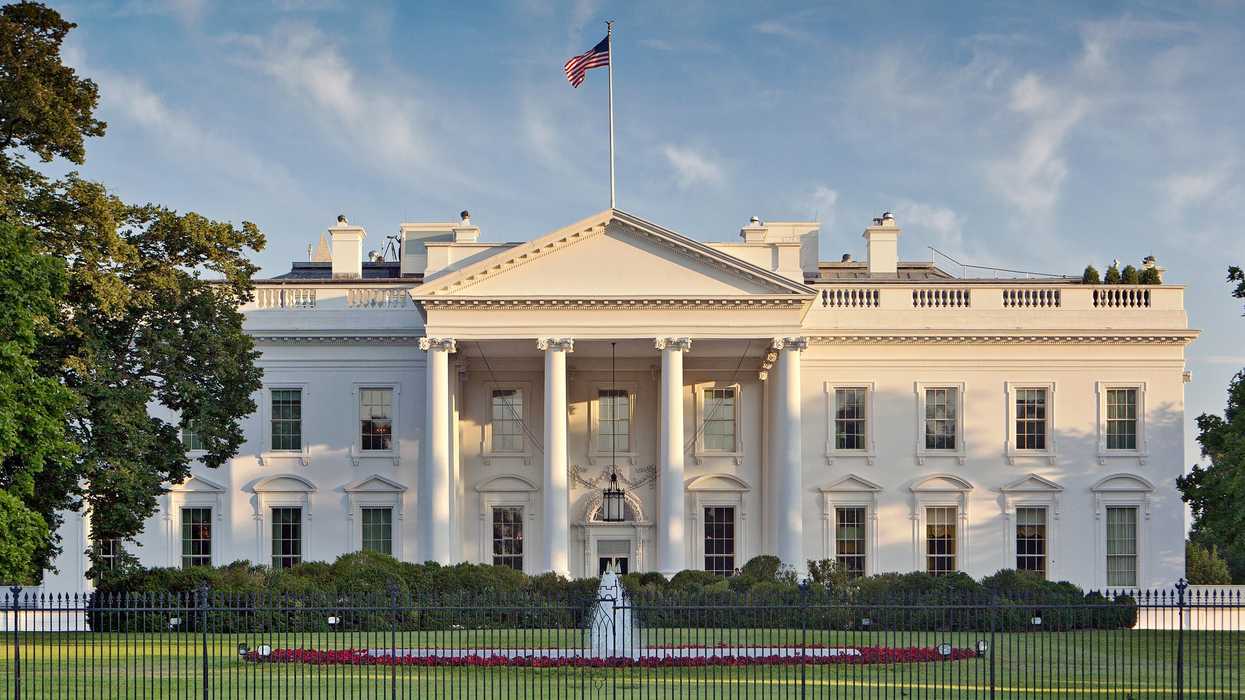Cooper is the author of “ How America Works … and Why it Doesn’t. ”
A huge number of Americans — disproportionately those from underprivileged backgrounds — are trapped in a senseless system of mass incarceration. According to New York University’s Brennan Center for Justice, “The United States has less than five per cent of the world’s population and nearly one-quarter of its prisoners. Astonishingly, if the 2.3 million incarcerated Americans were a state, it would be more populous than 16 other states. All told, one in three people in the United States has some type of criminal record. No other industrialized country comes close.”
But America doesn’t just imprison too many people. While incarcerated, people are often subject to terrible conditions. Long-time political prisoner Nelson Mandela once said, “No one truly knows a nation until one has been inside its jails. A nation should not be judged by how it treats its highest citizens, but its lowest ones.”
America’s performance under this standard is abysmal. Our jails are consistently overcrowded and lacking proper oversight. The Department of Justice, for example, recently detailed conditions in Alabama’s state-run prisons.
“The violations are severe, systemic, and exacerbated by serious deficiencies in staffing and supervision,” the Department of Justice explained. There was “a high level of violence that is too common, cruel, of an unusual nature, and pervasive.”
The costs of this system, moreover, are significant. As the Brennan Center explained, “Mass incarceration has crushing consequences: racial, social, and economic. We spend around $270 billion per year on our criminal justice system. In California it costs more than $75,000 per year to house each prisoner — more than it would cost to send them to Harvard.” And, the Brennan Center continued, the socio-economic impact is pernicious: “Mass incarceration exacerbates poverty and inequality, serving as an economic ball and chain that holds back millions, making it harder to find a job, access public benefits, and reintegrate into the community.”
Worse still, many with criminal records can’t vote. This prevents truly free and fair elections and undermines reform initiatives in Washington and state capitals. A constituency that can’t vote is, of course, unlikely to achieve meaningful reform.
Mass incarceration has several underlying causes. Mandatory minimum sentences require judges to sentence defendants convicted of certain crimes to often excessive sentences. In her book “ The New Jim Crow: Mass Incarceration in the Age of Colorblindness,” Michelle Alexander describes the resulting injustice: “All of us violate the law at some point in our lives. In fact, if the worst thing you have ever done is speed ten miles over the speed limit on the freeway, you have put yourself and others at more risk of harm than someone smoking marijuana in the privacy of his or her living room. Yet there are people in the United States serving life sentences for first-time drug offenses, something virtually unheard of anywhere else in the world.”
Legal representation for underprivileged defendants, moreover, is often subpar. Poor defendants are typically saddled with overburdened and incompetent attorneys. And the court system often produces unfair results. Judges can be overworked. Prosecutors often have large budgets, broad discretion to pursue charges and legal immunity for bad acts. And juries often render erroneous verdicts.
A functioning society does, of course, need a robust criminal justice system. Enforcing laws fairly deters criminal behavior. And many guilty people deserve punishment. But the degree of over-incarceration in America is an unforgivable failure of both policy and conscience.




















